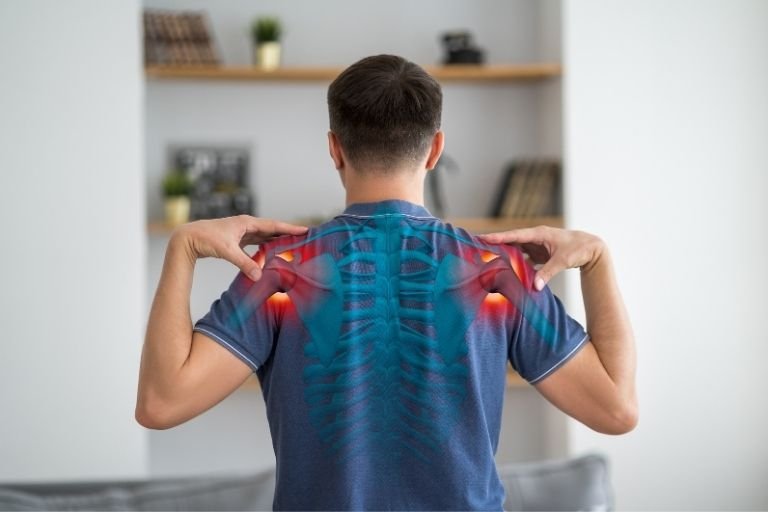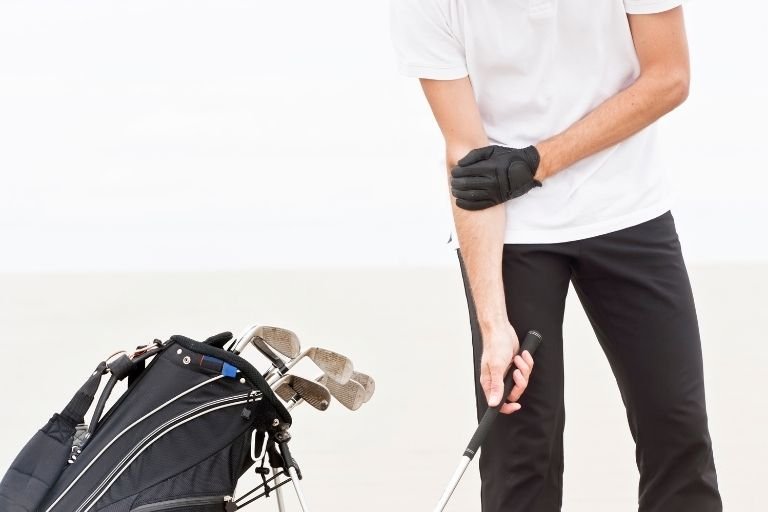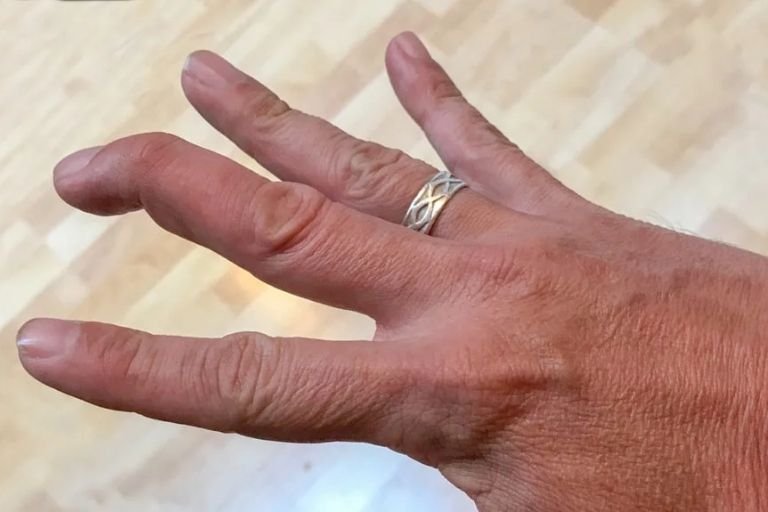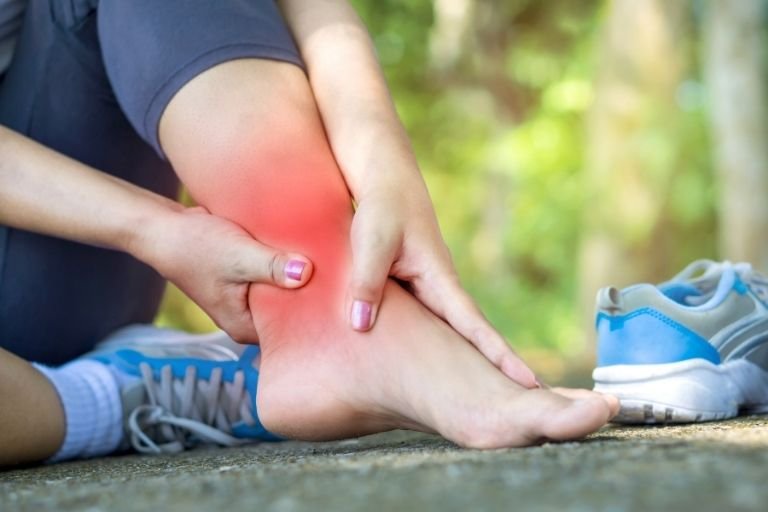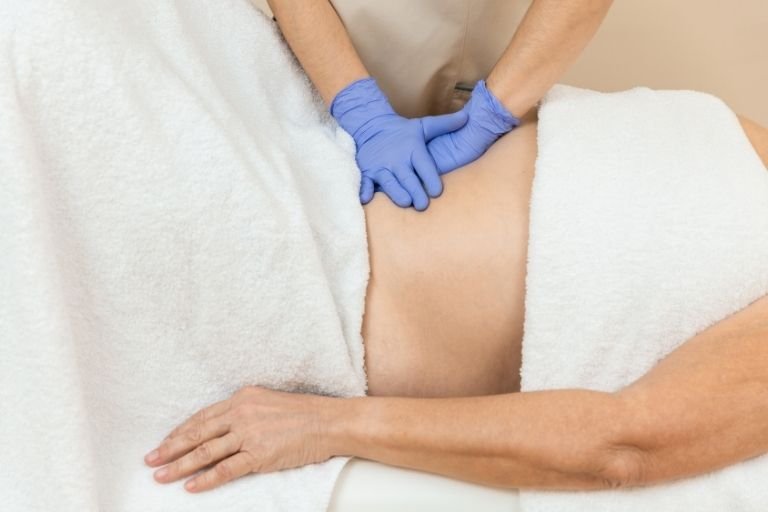- Fitwell Physiotherapy
Congenital Talipes Equinovarus (CTEV)

Congenital Talipes Equinovarus (CTEV), commonly known as clubfoot, is a congenital condition affecting the feet, where one or both feet are turned inward and downward at birth. This condition occurs during fetal development when the tendons connecting the leg muscles to the foot bones are shorter than usual, causing the foot to twist out of shape.
Please submit your details below.
Symptoms:
- The affected foot or feet may appear to be rotated internally.
- The affected foot may be smaller than the unaffected one.
- The arch of the foot may be unusually high and stiff.
- The calf muscles may appear underdeveloped.
Causes:
- The exact cause of CTEV is not always clear, but it is believed to result from a combination of genetic and environmental factors.
- Some cases may be associated with other congenital conditions, such as spina bifida or cerebral palsy.
- It can also occur sporadically without any family history.
When to See a Physiotherapist:
- It is advisable to consult a physiotherapist or healthcare professional if you notice any abnormalities in your child’s foot alignment or movement shortly after birth.
- Early intervention is key to successful treatment, so prompt assessment and treatment planning are crucial.
Risks:
- Without treatment, clubfoot can lead to long-term mobility issues and discomfort.
- The affected foot may become rigid, making it difficult to walk normally.
- Untreated clubfoot can also lead to social and psychological challenges due to physical appearance and limitations in mobility.
How to Prevent:
- Unfortunately, there are no known ways to prevent clubfoot as it is primarily a congenital condition.
- Prenatal screening can sometimes detect the condition before birth, allowing for early intervention planning.
Treatments:
- Treatment for clubfoot typically begins soon after birth and may involve a series of manipulations, casting, and sometimes surgery.
- The Ponseti method is a widely used non-surgical approach that involves gently manipulating the foot into the correct position and then applying a series of plaster casts to maintain the corrected position.
- After the casting phase, a brace or orthotic device is often worn to maintain the corrected foot position and prevent relapse.
- In cases where conservative measures are not effective, surgical intervention may be necessary to release tight tendons or reshape bones.
In conclusion, Congenital Talipes Equinovarus (CTEV) is a treatable condition that requires early intervention for the best outcomes. With appropriate treatment, most children with clubfoot can achieve normal foot function and lead active lives. Regular follow-up with a healthcare team, including physiotherapists and orthopedic specialists, is essential to monitor progress and address any issues that may arise.
Frequently Asked Questions
Related Conditions
How Fitwell Physiotherapy Can Help?
Dr. Richa’s Fitwell physiotherapy has an extensive team of physiotherapists all within their own specialist areas of physiotherapy. Whatever your condition, we guarantee that we will have the best physiotherapist for you. We assess, diagnose, plan, cure and care for you.
Fitwell Physiotherapy Clinic, Pune provides you best physiotherapy treatment in Kharadi, pune. We also serve Chandan Nagar, Vadgaon Sheri, Keshav Nagar, Wagholi & nearby Areas in Pune. We are experts in treating Neck Pain, Hand Pain, Back Pain, Lower Back Pain, Knee Pain, Stiff Neck, Sciatica, Arthritis, Stroke Paralysis & Post Surgical Rehab.
We provide Specialized physiotherapy treatments in Sports Injuries, Pre and post Surgery, Neurologic, Pediatric, Chronic Pain/Fatigue, Rheumatology, Women’s Health, Men’s Health, Ergonomics, Vestibular, Amputees & all sort of Pain treatment and lifestyle conditions.






















